Each club participating in the Freedom QJ League is required by the regulations to have doctors on their staff who work exclusively with the league's players.
SAU expert in sports medicine, Azamat Nurmakhanov, explained how this helps improve the quality of medical care provided to young players. He also discussed the importance of balanced nutrition, conducting training sessions and matches within a weekly cycle, and revealed the League's plans for collaboration with club medical staff in the upcoming season.
– How does the presence of a dedicated specialist for the teams participating in the Freedom QJ League improve the health situation of young players?
Previously, in the football centers and academies of Kazakhstan's clubs, there was only one or two doctors for all 12-13 age groups.
With the introduction of the Freedom QJ League, a requirement was set for participating clubs: each team must have a dedicated doctor, in addition to the medical staff of the football centers. Initially, personal medical support was required only for the U-18 age group, but as the number of age groups participating in the League increased, so did the number of medical staff.
Currently, each club has two doctors serving three age groups involved in the QJ League, not counting the doctors working at the football centers with other age groups. This means that whereas previously one doctor was responsible for 100-150 players, the workload is now distributed differently: one specialist oversees 50-70 players, which averages out to 30 players per doctor. In my opinion, these are huge changes that should significantly improve the quality of medical support for our football players.
– How will communication with club doctors be structured throughout the season? How does the League assist them and facilitate collaboration?
Since this year, when I started working in the League, the management set the following goals for me: to establish effective communication with the doctors who will be working in the new season, as well as to create a professional community of specialists.
We understand that such processes cannot be established overnight, but we are already taking the first steps in this direction. It is important to establish an exchange of experience between specialists of different levels: among us, there are both experienced doctors and younger specialists who may not yet have higher medical education or specialized training in sports medicine. In this case, mentors with experience in football will be able to provide significant support to less experienced colleagues.
At least once a month, an online seminar will be held, and over the course of the season, we plan to organize two offline seminars where all specialists can meet in person, participate in practical sessions, and exchange experiences. We will always stay in touch, discuss interesting cases, and share useful information.
I believe this will kickstart a mechanism of close collaboration that will help improve the level of medical care for the football players and make the work of doctors in the Freedom QJ League more coordinated and effective.
– Please tell us how the weekly cycle of training sessions and matches affects the health of young athletes – in both the short-term and long-term.
Training sessions are organized in a five-day cycle. On the sixth day, a friendly or competitive match is held – either at home or away. This way, players get used to this rhythm: their bodies are adapted to receiving a certain load throughout the week and to performing at their peak on match day. Sunday is usually a recovery day, and the new cycle begins on Monday.
In the short term, players remain in peak condition throughout the season. When matches are played every other day, the body depletes its resources more quickly, requiring extended recovery. For example, if a footballer participates in a tournament with games every other day, their body becomes fatigued and loses resources that need to be restored. They will need at least 2-3 weeks of specific training with a certain load to return to optimal form. This means the team loses a player for at least three to four weeks. With a weekly cycle, this does not happen – the player stays in rotation and can spend more playing time on the field.
In addition, the number of injuries over the season decreases. When the load is distributed evenly and consistently throughout the cycle, the body adapts better. The injury rate in a weekly cycle is much lower.
– All teams traveling for away matches receive three meals a day according to a standardized menu, created by the League based on recommendations from the KFF nutritionists. Could you please tell me what is included in this menu?
From the very beginning of the project, consultations were held with various specialists: doctors (including myself), nutritionists, and sports dietitians. As a result, a specialized nutrition plan was created, adapted for pre-match and match days.
It is important to understand that on a pre-match day, certain foods can be consumed, whereas on match day, the same foods may be prohibited. The entire nutrition system was carefully thought out and designed according to the League's schedule, ensuring that football players receive the necessary macronutrients and micronutrients at the right time.
All the details – from portion sizes to the variety of the diet – were carefully worked out in advance. It's not to say that our football players consume expensive fish or shrimp, but within our realities, the nutrition plan is maximally optimized and includes the exact products needed by the players to maintain their shape at specific times.
When managers submit requests according to the schedule, they can specify which foods certain players cannot consume due to allergies or other restrictions. All these details are worked out on an individual basis. There are no issues with this matter.
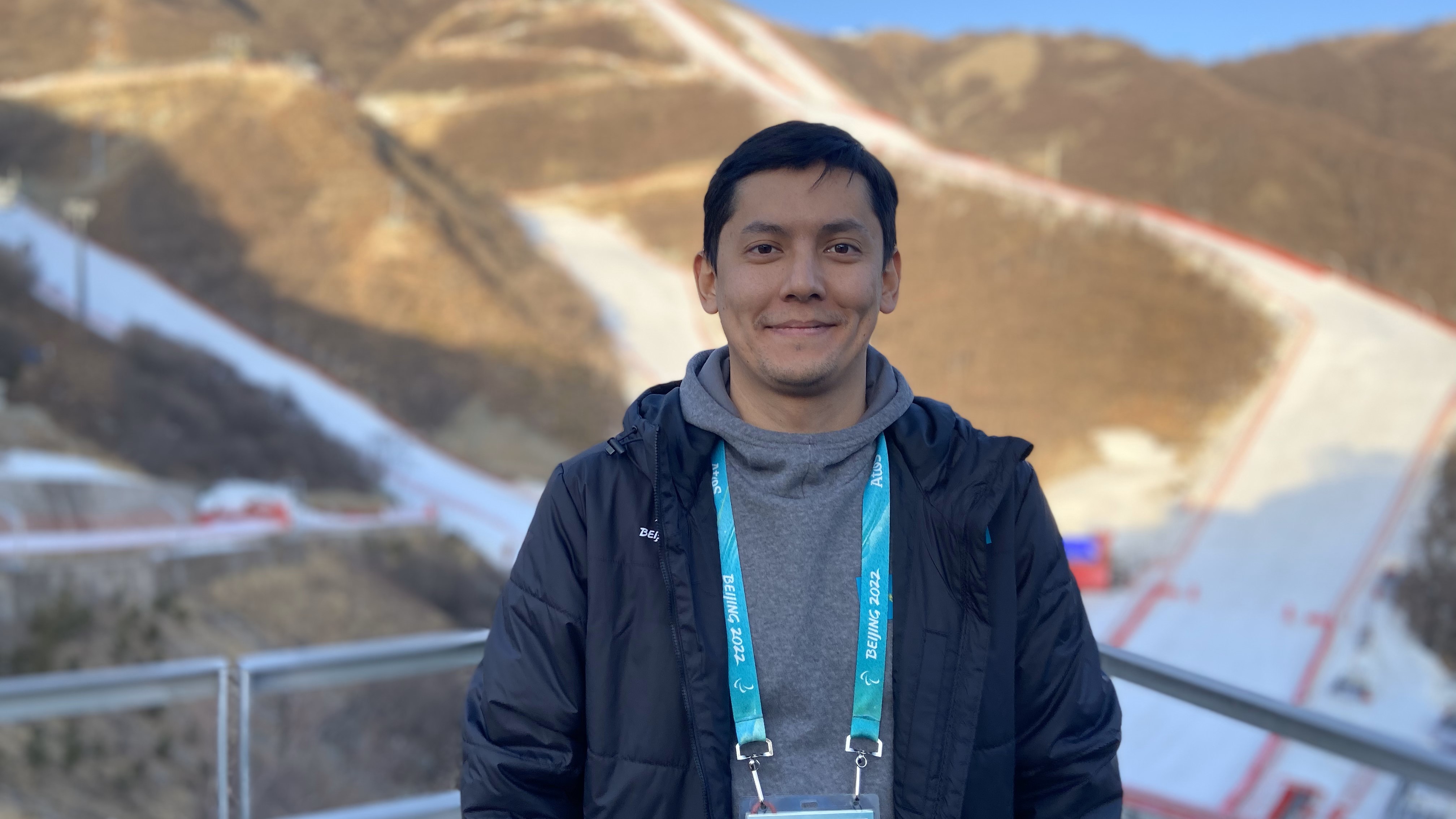
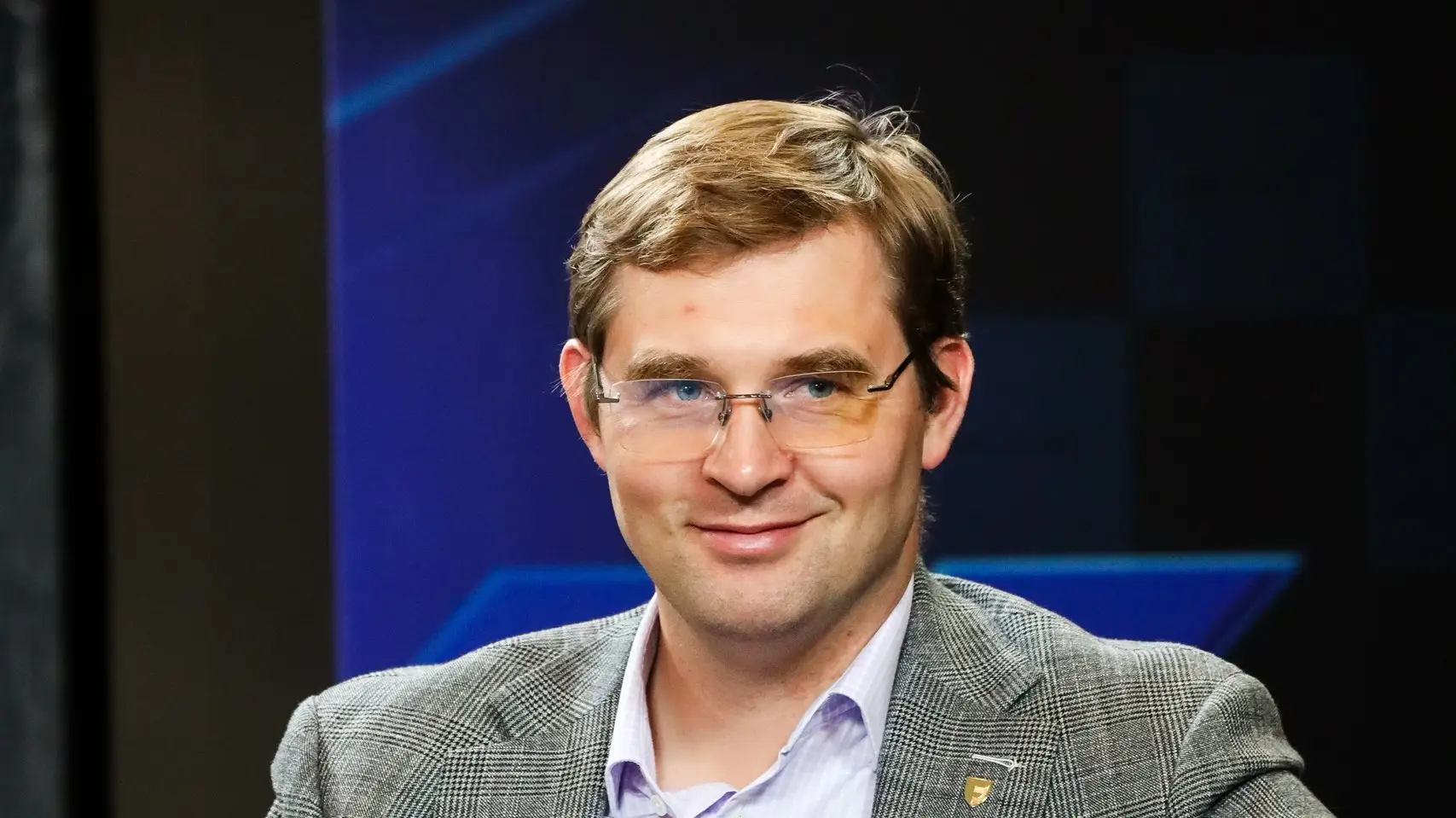
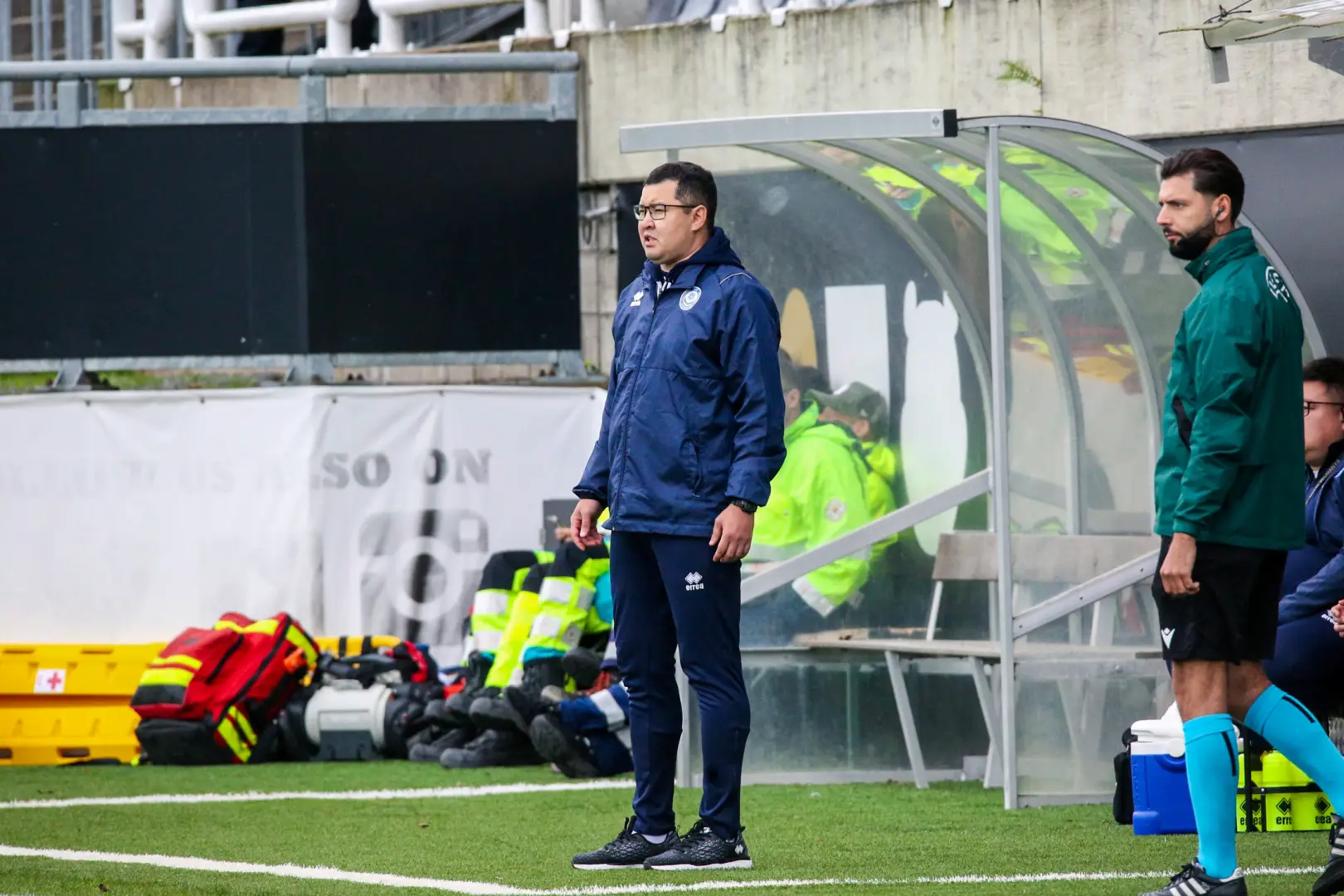
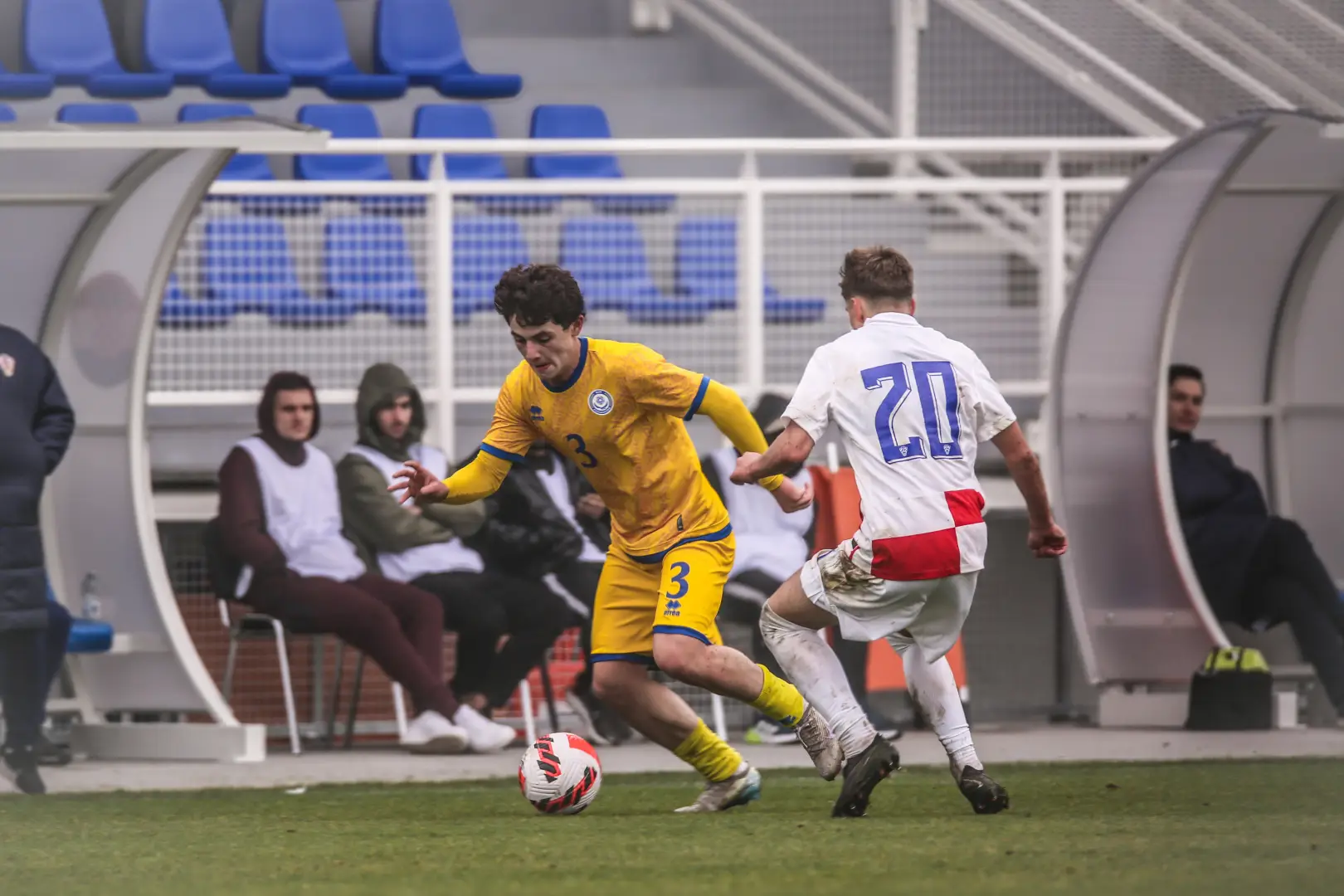
.webp)

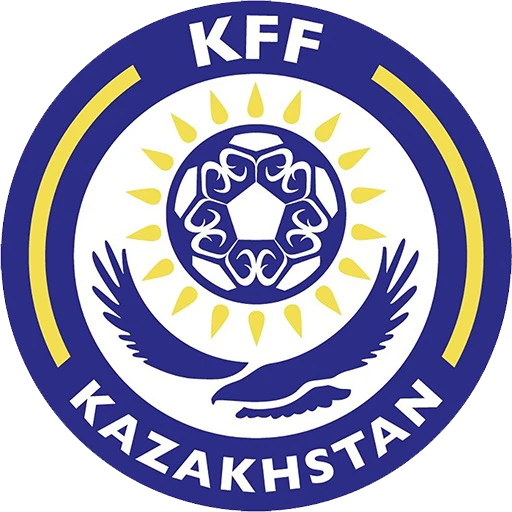
(0).webp)

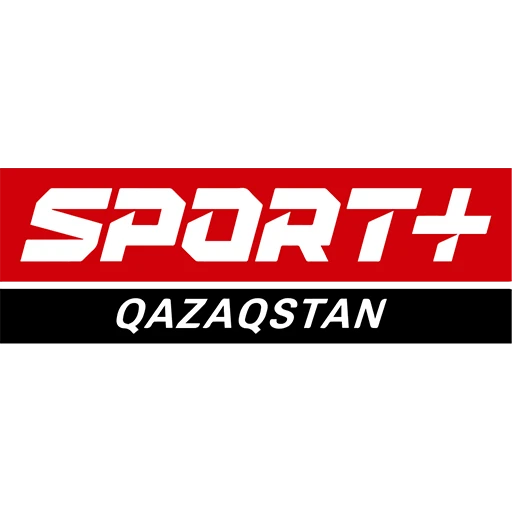
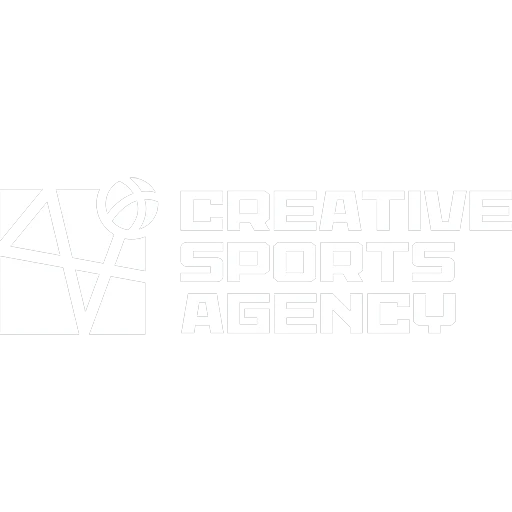
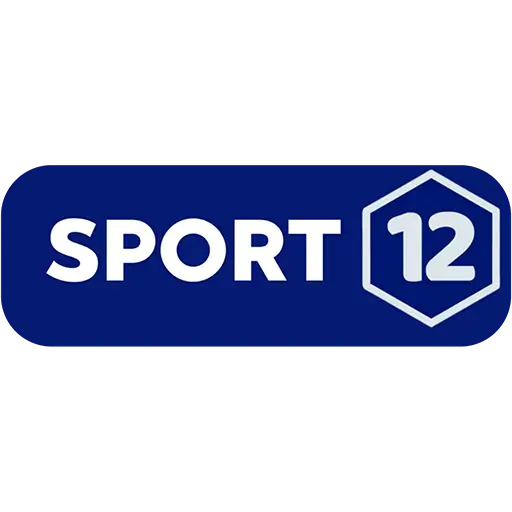

.webp)
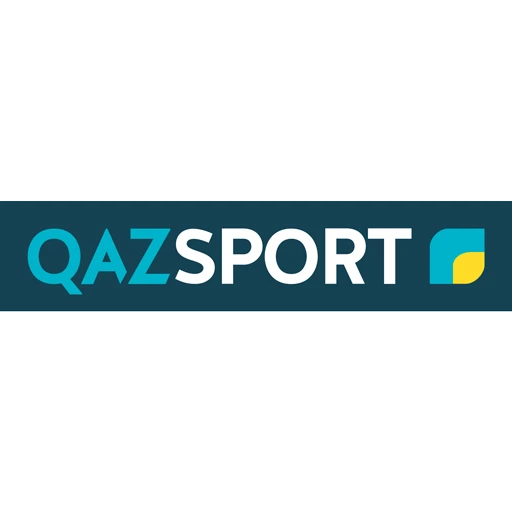

.webp)